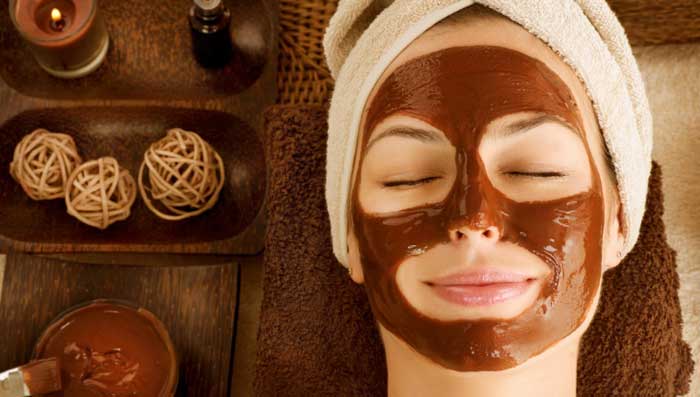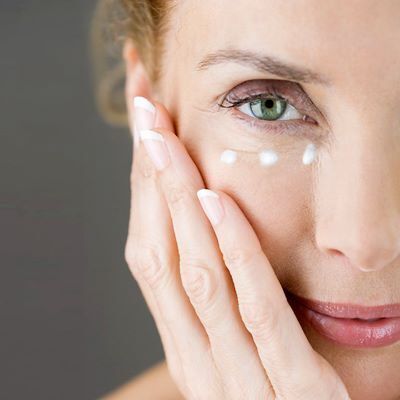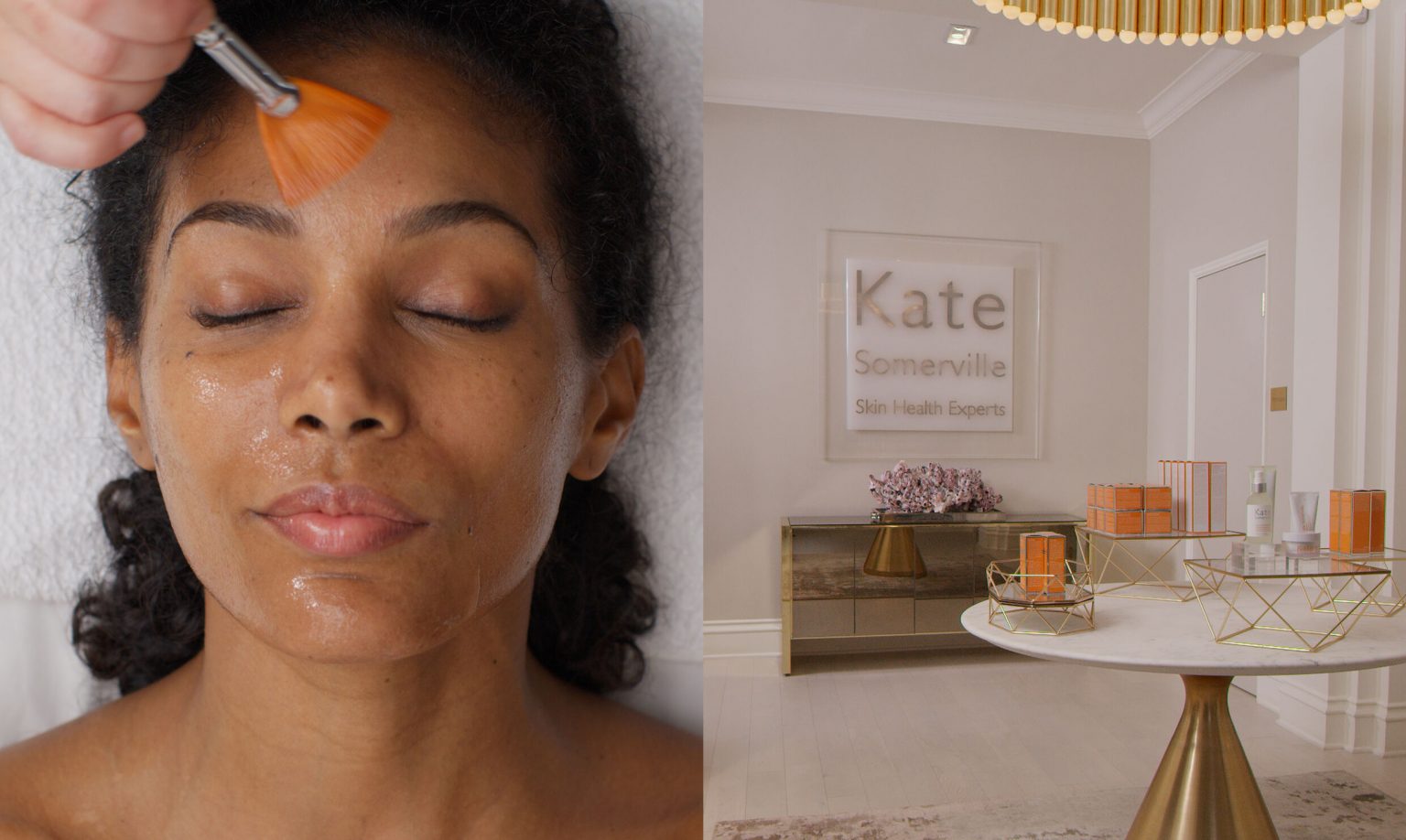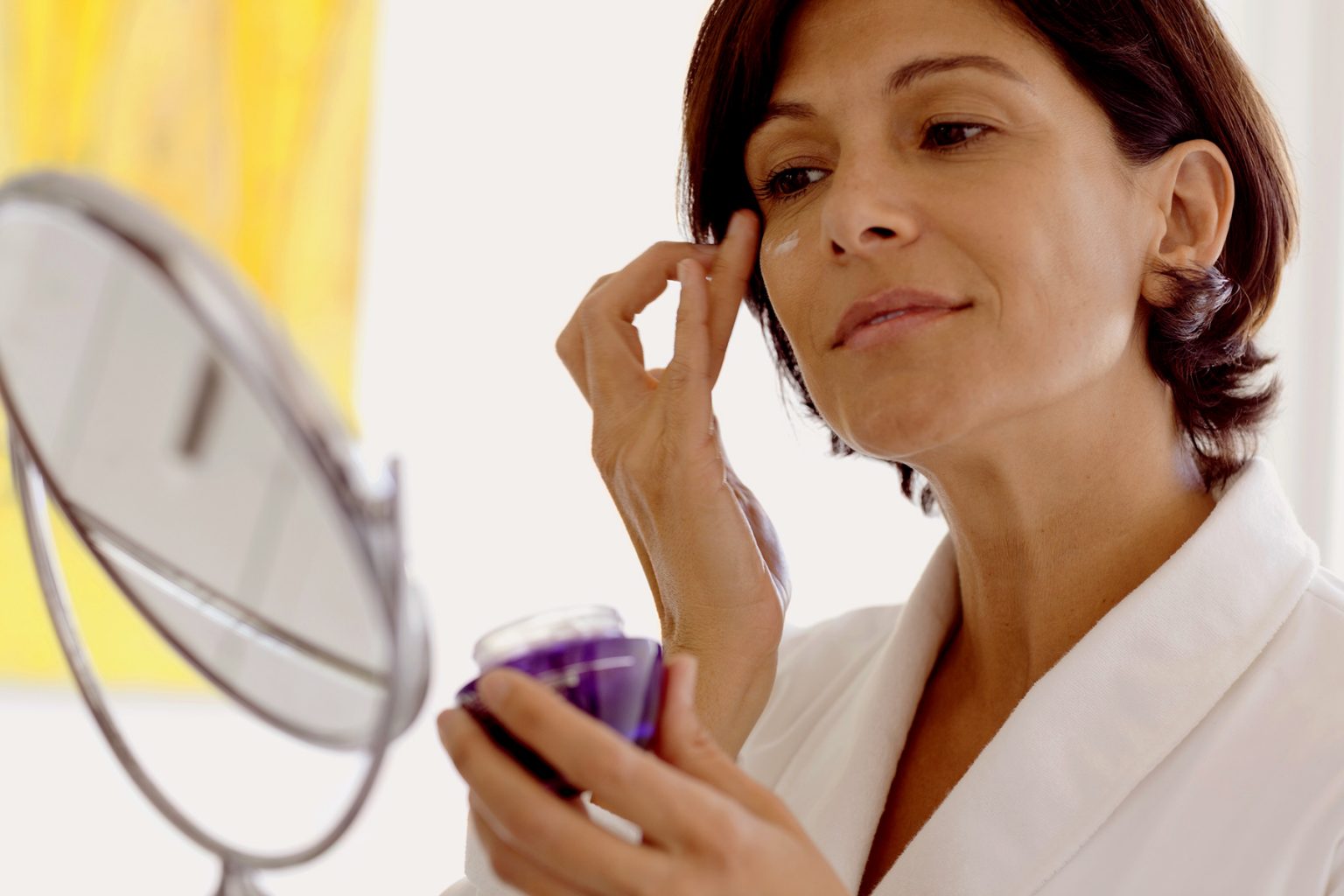
There is no real acne cures . Any products that claim they can cure acne are exaggerating their claims much the same way products declare ‘acne free in 30 days’. Nonetheless, medical research has made large leaps towards an acne cure. Retinoids are presently considered the closest thing to a cure for acne; and retinoid treatment is becoming increasingly popular, particularly with people who have severe cases of acne.
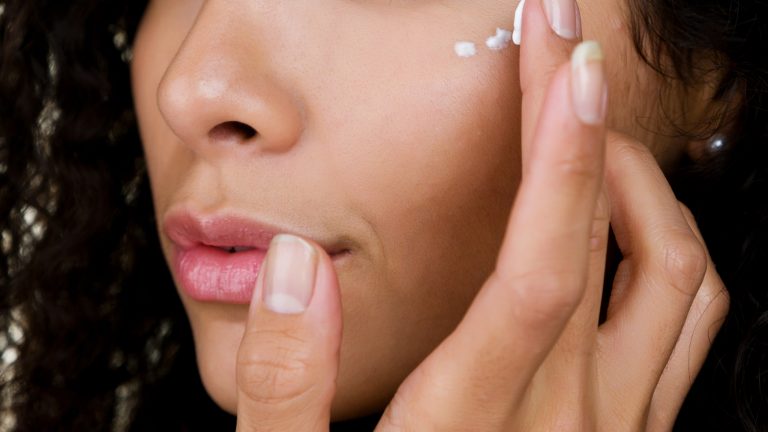
Retinoids are in a class of chemical compounds very similar to Vitamin A, and are sometimes referred to as synthetic Vitamin A. Retinoids can help heal skin conditions and are also being used in skin cancer research. Besides inflammatory skin issues, retinoids also help with vision, bone growth, tumor suppression and the immune system. Because retinoids are synthetic, over use or prolonged use of retinoids can cause complications such as the swelling of the bones, hair loss, and malaise to name a few.
How Do Retinoids Work?
Although the exact effect of retnoids (retinoic acid is what is used for acne treatment, commonly called isotretinoin) is not known in detail, we do know that retinoid treatment does speed up the growth of cells, enables skin cells to release certain proteins (collagen for example) and to inhibit other proteins. Retinoid treatment is not only used for acne, but for other disorders such as leukemia, stretch marks, aging and more.
How Do I Use Retinoids?
Retinoids are prescribed by your doctor and can be taken in many different ways. The most common retinoid treatments are retinoids gels or tablets that are ingested orally. Retinoids break down in the presence of benzoyl peroxide, so acne medication containing these two chemical compounds should not be used at the same time. Retinoids are prescribed by your doctor – usually only in the case of severe acne or chronic acne. Make sure you try other, less dangerous methods before trying retinoid treatment.
Caveats
It is not recommended that you use any other treatment or natural acne remedies while using retinoids. Retinoid treatment should not be practiced during pregnancy. In addition, pregnancy usually induces a shift in hormones that will cause hormonal acne. This is natural and should only be treated with regular light cleansing. Retinoids can also have severe side effects, particularly if taken for prolonged periods or in higher dosages. Some side effects include the swelling of the bones, hair loss, and malaise to name a few. Talk to your doctor to find out if retinoid treatment is right for you before using retinoids or any other prescription acne medicine.

